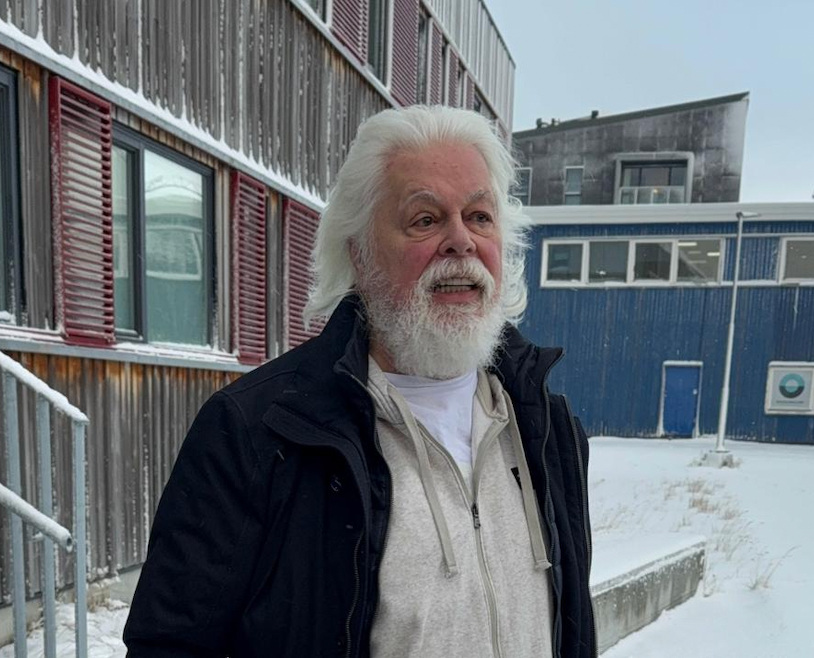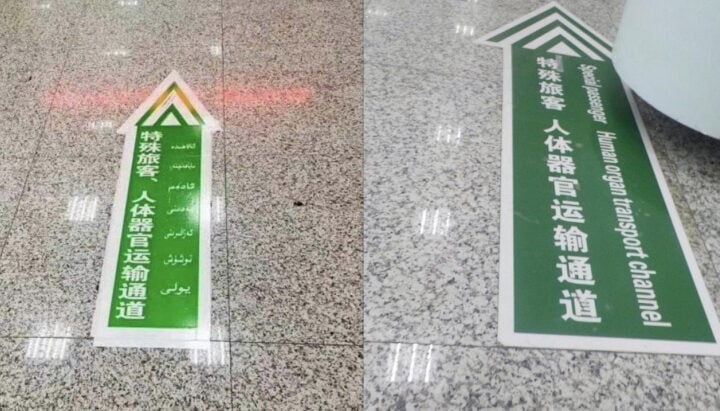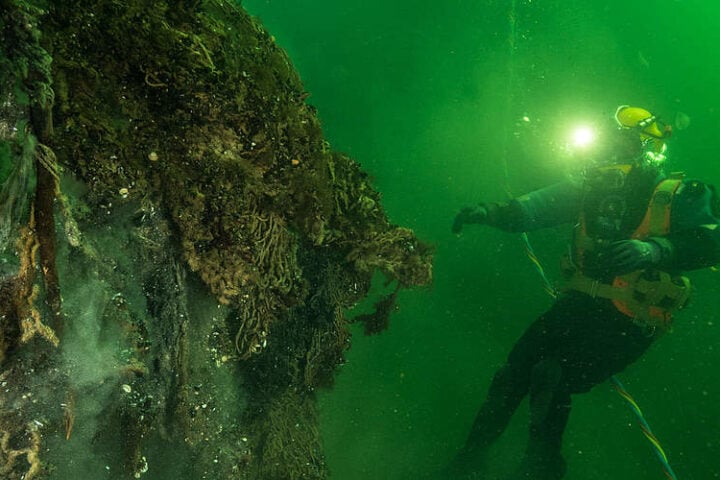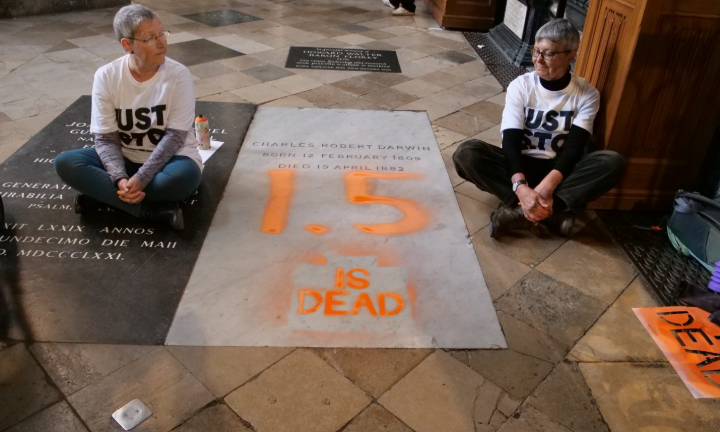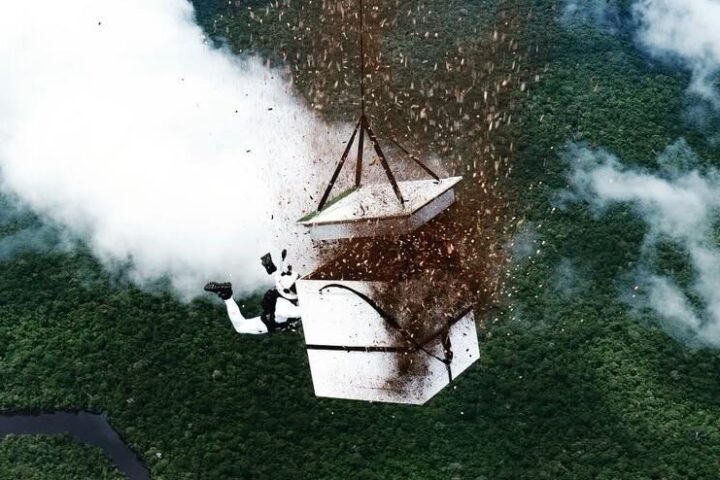The court in Nuuk, capital of Greenland, an autonomous territory of Denmark, decided Monday to keep environmental activist Paul Watson in pre-trial detention, pending the Danish government’s decision on Japan’s extradition request related to his fight for whales.
Watson will remain in detention until Dec. 18, police in Greenland said in a statement, adding that he had appealed the Nuuk court’s decision.)
The American-Canadian, who turned 74 on Monday, was arrested in Nuuk on July 21. He was then en route with his vessel, the John Paul DeJoria, to intercept a brand new Japanese whaling factory ship.
Japan, which has renewed a 2012 request through an Interpol red notice, accuses him of being co-responsible for damage and injuries aboard a Japanese whaling vessel two years earlier during a campaign led by Sea Shepherd. Specifically, the activist is being prosecuted for injuries that, according to the prosecution, were allegedly inflicted in 2010, to a sailor of the Shonan Maru 2 by a powerful stink bomb, and for boarding the same vessel four days later.
For Watson and his team, the ongoing extradition request and his resulting pre-trial detention have “nothing to do with what happened in 2010.” “This is a very political issue,” said Watson to the reporters, after the hearing. “They (Japan) want revenge. That’s what this is about,” he added.
The Danish Ministry of Justice, which has consulted with the Greenland police and the Director of Public Prosecutions in this case, told AFP that it would make its decision regarding extradition “soon.” According to Paul Watson’s lawyer, Julie Stage, this decision should come “within 14 days.” In November, Watson’s lawyers urged Danish Justice Minister Peter Hummelgaard to block the extradition.If Denmark were to agree to Japan’s extradition request, Watson’s lawyers would lodge an appeal.
More Stories
One of Watson’s lawyers, Jean Tamalet told AFP on Monday the defence team was “very confident” criticising the “extraordinary pressure being applied by the Japanese government on the Danish government,” which he says translates into threats to break commercial and industrial agreements..” He further added “We are up against a war machine that is not just a Tokyo prosecutor, but a government, so that’s proof that the Japanese judiciary … is not at all independent,” .”You can’t extradite someone to a country that doesn’t have an independent judiciary.”
In mid-September, the defense team had appealed to the UN Special Rapporteur on environmental defenders, denouncing particularly the risk he faces of “suffering inhumane treatment […] in Japanese jails.” In a rare comment on this case, Japanese Foreign Minister Takeshi Iwaya had stated in early October that his country’s extradition request was about “law enforcement at sea” rather than whaling.
The detention of Paul Watson, a personality known for his dramatic actions, has sparked a wave of sympathy in public opinion, especially in France where he has lived for 18 months. The petition for his release exceeds 210,000 signatures, while some 220,000 have been submitted to support his application for French nationality. The environmental activist lives in the French capital, where he married in 2015, and the Paris Council granted him honorary citizenship of the city on November 19.
